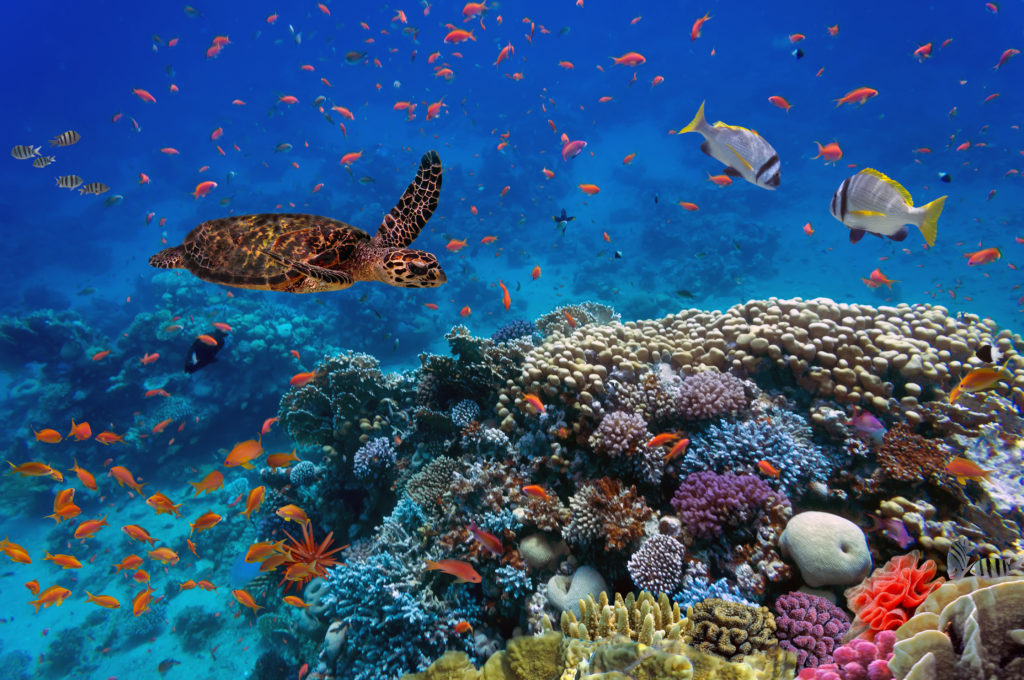
Introduction
Increased consciousness regarding environmental issues has amplified consumer anxieties, particularly concerning food waste, carbon emissions, and global warming. These worries are rooted in various factors. For example, direct health repercussions, natural resource depletion, and the repercussions of elevated temperatures on food availability. Consequently, consumers recognize the link between food production practices and climate change. This underscores the necessity for measures to protect food reservoirs and disrupt the cycle of environmental degradation.
Biodiversity
As environmental awareness expands, consumers are increasingly acknowledging the importance of biodiversity. Consumers are also more aware of the profound influence of animals, plants, and insects on the planet. This heightened awareness coincides with a growing concern about species extinction, largely attributed to human-induced factors. The extinction of species yields numerous consequences. This includes disruptions in supply chains and potential food shortages stemming from the impact on the food lifecycle. Consequently, consumers are advocating for efficient food production techniques and the implementation of “smart” agricultural practices by manufacturers. These approaches seek to conserve scarce resources and safeguard animal, insect, and plant species, taking into account their far-reaching effects.

Carbon Footprint
Four out of five consumers deem it essential for food and beverage brands to take action to counteract their carbon footprint. This is because they recognize the substantial contribution of businesses and agriculture to environmental challenges. This recognition underscores a cycle where the industry is both affected by and contributes to the adverse effects of global warming on food supply chains. As a result, this emphasizes the urgent need for brands to implement measures across the supply chain to diminish carbon emissions and openly communicate these endeavors. Consumers increasingly urge brands and manufacturers to actively address the elimination of their carbon footprint. They express the aspiration for brands not only to neutralize but to exceed their carbon emissions. This reflects a growing emphasis on environmental consciousness among consumers who prioritize aligning with brands that share their values and perspectives on sustainability.
The Ethical Treatment of Farmers
Consumers are in pursuit of brands that prioritize the ethical treatment of farmers. FMCG Gurus’ consumer insights highlight that over a third of global consumers are actively seeking ways to embrace a more environmentally sustainable way of life. This commitment highlights a willingness to boycott brands based on their ethical standing. As a result, this demonstrates a clear connection between environmental concerns and consumer actions. Additionally, consumers are scrutinizing ingredient lists and product assertions, particularly those related to environmental sustainability across their dietary, lifestyle, and purchasing patterns. There is a noticeable decline in trust in brand practices and policies. This is influenced by extensive coverage of greenwashing and exaggerated claims in the media. This skepticism also translates into a preference for avoiding environmentally harmful ingredients, underscoring a strong consumer inclination toward eco-friendliness in both dietary and lifestyle choices.
Food Waste
Consumers are becoming more aware of the magnitude of food waste, acknowledging its significant ethical, environmental, and financial implications. Media exposure of food service establishments and retailers disposing of perfectly edible food based on shape, size, or appearance has elicited an emotional reaction from consumers. Although there is an understanding that consumer behavior plays a role in food waste, such as purchasing items and forgetting about them until they spoil, consumers attribute a substantial portion of the waste to products with limited shelf lives. The food and beverage industry should tackle this issue through measures like streamlining supply chains and devising packaging innovations that extend product shelf life without the use of preservatives.
